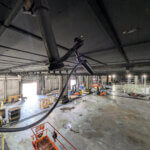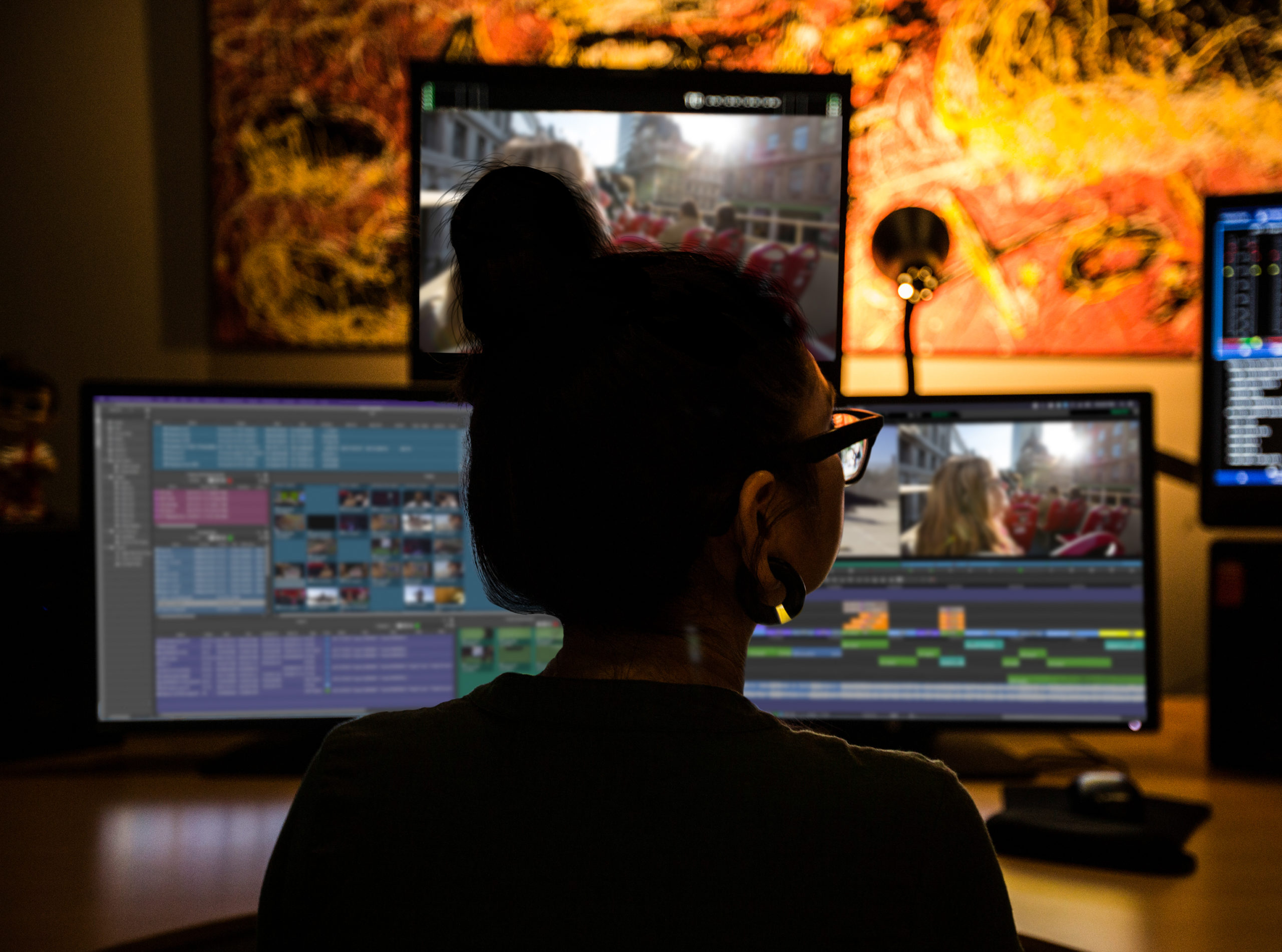By Craig Wilson, Product Evangelist, Avid
Time to Innovate
During the Covid-19 pandemic, like many other broadcasting companies, France TV, also known as France Télévisions, experienced production challenges due to its facility’s shut down. As a result, the broadcaster had to find a quick and smooth solution to shifting its teams to remote editing from home, as the world took to remote working.
France TV is the largest public broadcasting group in France, with over five national TV channels, 24 regional and nine overseas channels along with a host of digital service offerings. Its team manages 10 production sites throughout France, whose activities are completely varied in terms of duration and schedule. There are ongoing as well as individual projects that the team manage, which can range from short, two-minute modules to ninety-minute fictions, including magazine programs and documentaries. Each site is independent in terms of planning, but technical management is centralised in order to have a unity and consistency for media, renewal, and maintenance.
Overcoming Pervasive Challenges
Along with the rest of the world, when the Covid-19 pandemic and lockdown hit, France TV faced several roadblocks that included their facilities being shut down, restrictions on staff travel and impeding production plans.
With the closure of facilities, France TV technicians and editors needed to have access to their applications at home without the requirement of separate workstations and changing their traditional editing habits and processes. They needed a smooth workflow transition from the office to home.
While a handful of France TV productions were still able to use the existing Avid machines to complete remote production, many of them had to re-invent their workflow process. The pandemic created a forced acceleration in the workflow reinvention schedule, and unlike some in the industry, France TV had been planning for over a year, so the broadcaster had a clear idea of the next steps.
To continue business as usual and keep up with ongoing production needs, France TV took to the drawing board to rethink its existing remote editing workflows. This is where Avid stepped up to the mark.
Arriving at a Solution
France TV has a close relationship with Avid, having relied on their technology and creative tools to produce dynamic and highly collaborative workflows around major shows and sporting events like the Tour de France. But the work with Avid this time was different. The primary focus was to help France TV’s technicians and editors access applications at home without requiring separate workstations and while keeping to business as usual.
Within a week and a half, the Avid and France TV teams met to discuss a proof of concept that would fit the broadcaster’s production needs. This meeting also allowed for the validation and testing of the technology before deploying it live, ensuring it met the editors’ and technicians’ requirements.
France TV selected Avid’s Edit On Demand, a fully cloud-deployed system which provides storage and editing in the Microsoft Azure Cloud. The technology allows its users to have an identical experience to that of their on-premises edit suite, no matter where they’re located. The only difference is that they’re connecting to their Media Composer edit client via a PC over IP connection from their workstation or laptop at home. After connecting securely, the workflow doesn’t change, making use of the capabilities of Media Composer and the reliability and power of Avid NEXIS storage in the cloud too.
France TV chose this solution due to its SaaS (software-as-a-service) flexibility. Through the Avid On Demand portal, users can manage subscription offerings and easily scale up or down the number of Media Composer seats and available storage as production demands fluctuate. They also can quickly track usage and costs, so they can stay on top of what they’re spending as a team. To help with the transition to Edit On Demand, Avid offered France TV a workspace with fully completed media and projects to test out the system’s capabilities. This helped them experience the application, see how the product operates live and also gave them enough time to request any necessary modifications to the setup.
Looking Forward
Soon, confidence replaced the initial fears that existed among editors and many of them realised that their at-home devices were just remote controls for larger machines and there were no technological issues. The post-pandemic hybrid model was intriguing for many. The ability to work from home while still being productive was particularly crucial as there were several projects on site, varying in distance from one another and in their intricate natures.
While Covid has forced a shift to remote post production, which has become the norm for many, remote editing remains daunting for some. Demonstrations and use cases of remote work and editing successes, like France TV’s, are necessary to show users, producers, agencies, and production teams that nothing changes by working remotely. Users still have the scalability and flexibility they had before when they were on site and they can have peace of mind that their work is proceeding on course securely, thereby breaking the remote editing taboo.






